I was reading the blog of a Jesuit priest in
I remembered my mother telling me that she did not have my two sisters baptised because in traditional Chinese custom when the woman is married to the man, she has to follow him. Her reason was that they might have to abandon their Faith if they were to marry non-Christians. My mother’s assumption was not baseless as many Catholic wives, and husbands as well, have stopped going to church after marrying a non-Catholic spouse.
I wonder if I would do what my mother did if I were married. Should I baptised my child or should I allow her to make her own choice when she is of age? A former student surprised me when she got her baby baptised within a month with the consent of her non-Christian husband. She said it was the conviction of her Faith and what they had agreed upon before marriage. (Andrew: This is part of the Rite of Marriage. Both parties consent that children be brought up in the Faith. Some take this oath seriously.)
I guess I would have done the same, as what Mary and Joseph did following the Jewish custom of presenting the newly born to God. In wanting the best for my child, it has to come from the conviction of my belief in the God I believed in that I am doing the right thing. If I am not convinced of my own Faith, of God’s goodness and love, I guess I would hesitate to baptise my child. Mary and Joseph were convinced of the God they believed in that they obeyed the Law to have Jesus presented in the temple.
Dear Father,
In response to your post, I've often heard the argument that parents should wait until the child is grown up and then let it choose which faith it wants to practice, let it make its own free decision, of its own volition and free will. That seems to be the common reasoning in our modern world where one’s personal choice reigns supreme and absolute, even to the point of terminating the life of the unborn or one’s own life.
Firstly, no parent in their right mind would give their child ultimate freedom of choice. They recognize that as parents, it is their responsibility to do what is best for their child. That’s what parents do, always keeping their child’s best interest first. When their child falls sick, or needs a life saving operation, the parent does not say ‘Perhaps I should wait for my child to grow up and get its consent before agreeing to it’. No, the parents recognize their duty and responsibility to do what is best for the child.
Parents, in the course of their daily duties, make numerous decisions such as which school to send the child to, what diet to put him on, makes sure that he eats all his vegetables, even if he doesn’t want to and wants to start with dessert, makes sure he goes to bed on time, makes sure he does not stay out too late, etc, all in the best interest of the child.
These are the choices of life which every parent makes for their child.
In terms of eternal life, it also falls to the parents to make a choice. So, the argument ‘Let’s wait for the child to decide’ does not hold water. They can’t abdicate their duty on this one thing while making all the other choices for their child.
The last thing I want to touch on is to agree with your point that baptism is not just a ritual but an act of Faith. An act of Faith of the parents on behalf of their child. It is efficacious, like the Faith of the friends who lowered the paralytic through the roof.
If the parents have no Faith, then they are abusing the Sacrament. If they have no intention of bringing up the child in the Faith, then is it abusing the Sacrament as well.
Firstly, no parent gives their child ultimate freedom of choice. Parents recognize their duty and responsibility to do what is best for the child.
In terms of eternal life, it also falls to the parents to make a choice. So, the argument ‘Let’s wait for the child to decide’ does not hold water. They can’t abdicate their duty on this one thing while making all the other choices for their child.
It’s not even a free choice because the deck is stacked against the Catholic position because from childhood, he has been conditioned as an atheist. By not bringing up the child in the Faith, the parent is bringing up the child as an atheist. Even after faith formation, a child can still choose to abandon the Faith and leave the Church.
Thanks again, Father, for your post.
God bless.
Andrew
Update:
Fr. Wee has deigned to reply to your humble scribe.
I'm attaching his reply, in full, below.
Thanks Andrew for your mouthful comments. :) Yes, you are right in many ways about what parents should be doing for the love of their children. Basically, parents who love their faith would want to share it with their children than keeping it to themselves.
I believe you are aware that raising a child in faith these days are not as easy as the olden days. I am sure you are aware of your friends' struggles, as well as yours, to live the faith and how to hand down not just their catechetical faith but what they lived as Catholics is not an easy task.
Let's continue to pray for parents for I am quite sure it is not easy to be parents these days.
![[Unam Sanctam]](https://blogger.googleusercontent.com/img/b/R29vZ2xl/AVvXsEiymQ2adTjpZ1ABhPBbBBquiPCxeQrc4Jy_97vOikT0wGQeJleriiXQy6ebnb0jrYe-TfvcK77txStB4aIwVAdD41ZdMkVfNtFGC0JX6LBV9B8mfeRZaIAM7Sj-011ag3DiKQzv/s1600/headerdivinemercy.jpg)












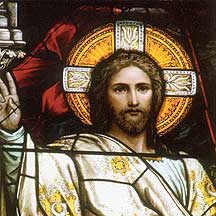







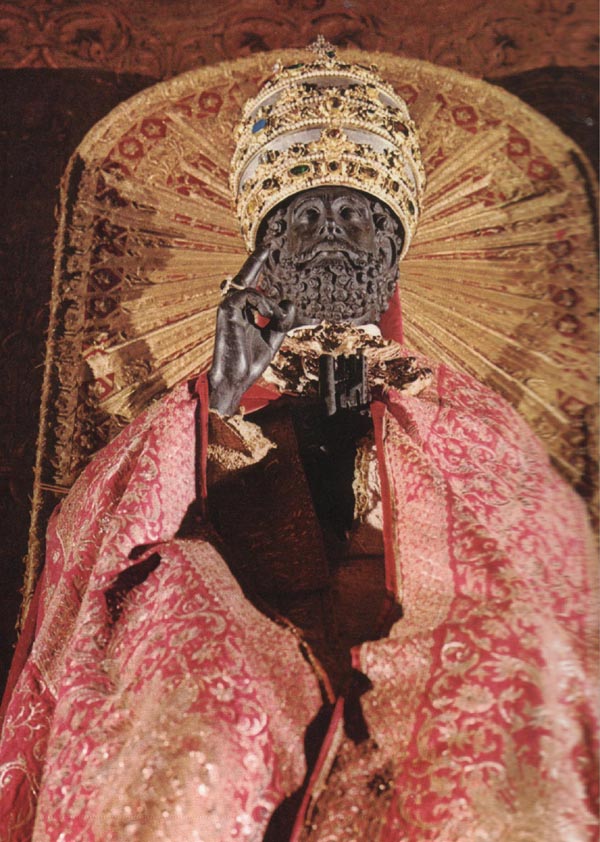
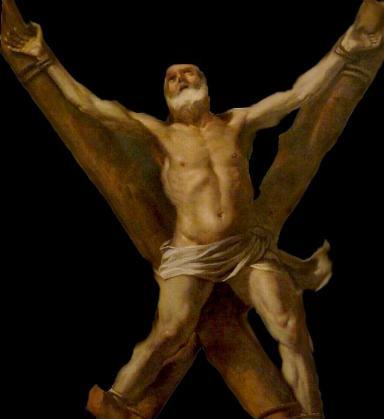




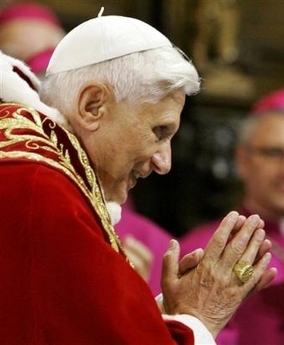






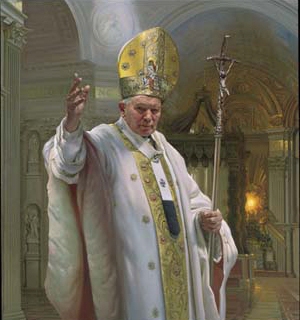
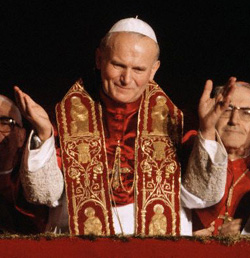
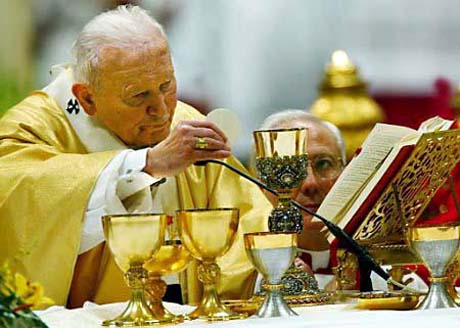







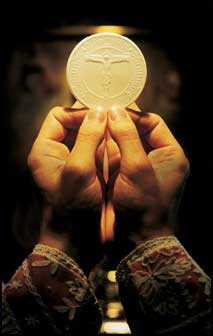
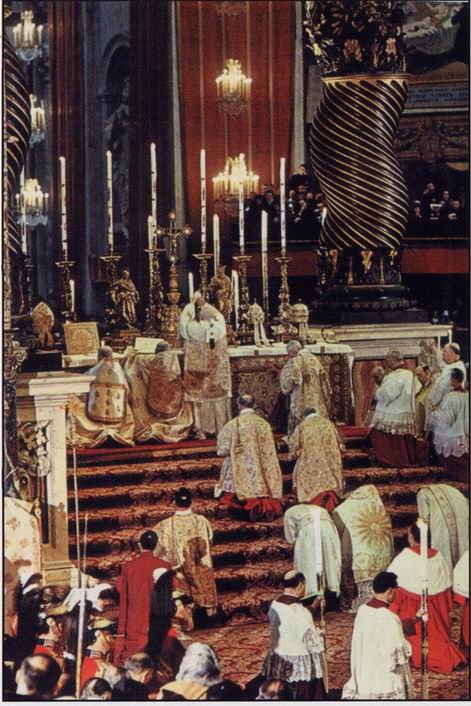

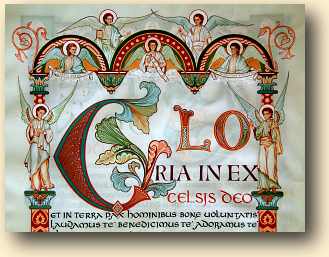

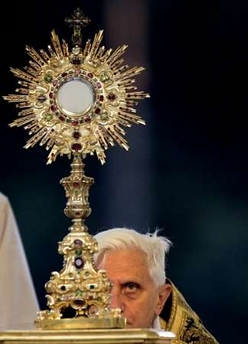


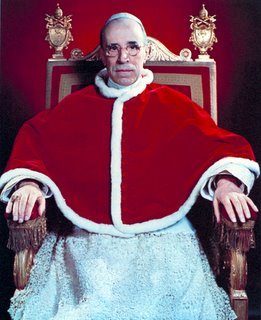




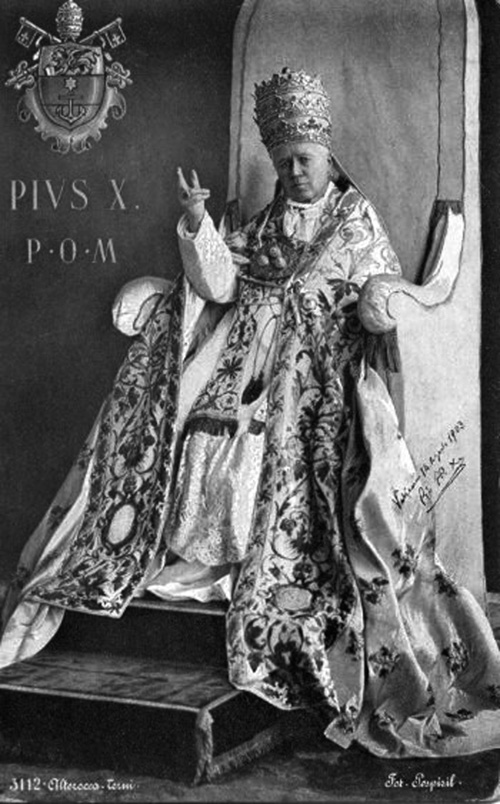



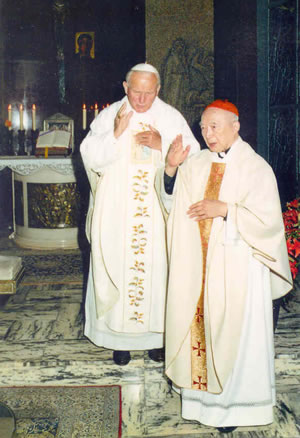






5 comments:
Bravo. But I don't think he got the point, do you?
I agree, I think he missed the point.
Well said, this is exactly what happened for 2 generations in my family.
Well, sometimes, all you can do is give it your best shot.
For some people who venerate the authority of the Church, Papal and Conciliar teaching may convince them of the truth. Others may be convinced by the power of the Scriptures.
But in this case, the above having failed, I chose to use logic instead. Looks like this has failed as well. =)
I've added an update. Fr. Wee did respond and did acknowledge and agree with much of what I said, but he did not follow the path down to its logical conclusion.
I followed this post of yours with interest.. it's amazing to hear a Catholic priest holding the point of view that "the child should choose." (Think about how many of his parishioners would be advised such and follow his advice!)
Which parent, upon truly believing that the way to salvation can only be found in the Church, would risk the souls of their children by making them "choose"? Astounding.
We need to pray for this priest and his flock.
Unfortunately, Antonia, this is not the first, and would certainly not be the last time I've heard of such a thing.
One wonders what goes on in the seminaries these days...
Post a Comment